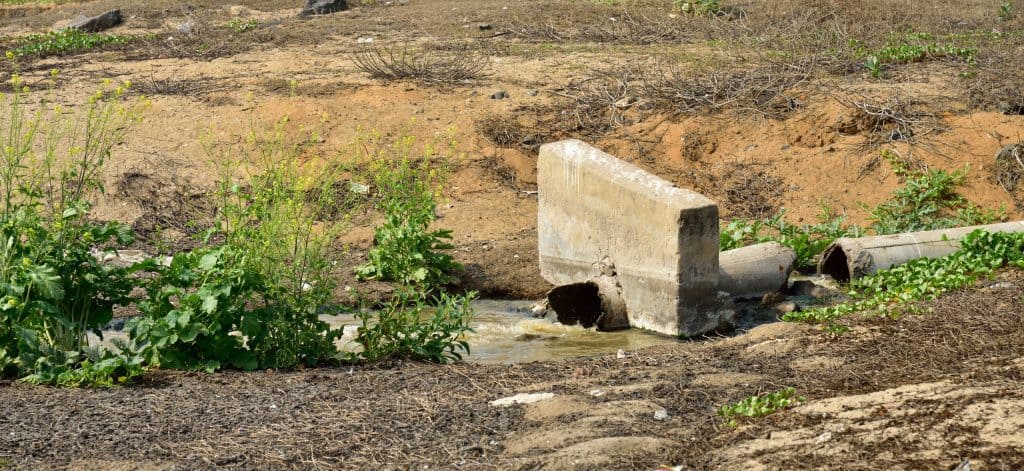Fires in Perungudi and RGGGH
A fire began in Chennai’s Perungudi dumpyard on Wednesday and continues to rage over many days. Several families living within a 1 km radius of the dumpyard had to move out owing to the toxic fumes in the air which were causing respiratory issues. Residents in some parts of Velachery even faced power cuts as the fire destroyed many overhead electrical lines in the area.
According to many residents nearby, smoke could be seen from the landfill as early as Sunday, but city officials were not responsive to it until Wednesday when the fire was very visible.
According to the Municipal Administration Minister K N Nehru, the fire will be put out by Saturday. As for the measures taken to handle the fire, the minister announced that 14 fire tankers were deployed and nearby medical camps were set up to address health issues of residents.
Soon after news of this fire broke out, another fire was reported in Rajiv Gandhi Government General Hospital (RGGGH) due to a short circuit in one of the old blocks of the hospital. The fire occurred on Thursday and was put out by the Fire and Rescue Services. Around 33 patients were evacuated in the process.
Source: The Times of India | The Hindu
Read more: Chennai Corporation’s five steps that have reduced waste in landfills by 18000 MT/month
Metro Water study: 250 million litres of raw sewage flowing into Chennai rivers daily
According to a new study by the Chennai Metro Water Supply and Sewerage Board, around 250 litres of sewage is flowing into Chennai’s rivers everyday. Out of this, 30 million litres come from Perungudi and Kodungaiyur dump yards, both of which have functioning sewage treatment plants.
The study highlights how many of the sewage treatment plants run at low capacities. The Metro Water run treatment plants have the capacity to treat 745 MLD but end up treating only 599 MLD. One of the reasons for this is that many of the STPs are constantly undergoing maintenance work. In places along Adyar and Buckingham Canal, raw sewage is let out during repair work.
According to the Executive Director, the issue will be addressed by improving existing STPs, constructing new ones, and laying pipes in areas unconnected to main sewage lines.
Source: The Times of India
Soil samples to be collected from Adyar river bed for Metro construction
For the construction of twin tunnels under the Adyar river, a team of engineers will be collecting samples from the river bed for testing. Once the testing is done, the tunnelling will begin in October.
According to a metro rail official, soil sampling and testing can take around 3-4 months. To collect the samples two drilling rigs will be deployed in boats to collect samples from a depth of 12 metres to 18 metres. Tunnels have been built under the Buckingham Canal and the Cooum River as part of Phase 1 of metro construction.
The twin tunnels will be running a distance of nearly 400 metres at a depth of 29 metres under the river. It will be connecting Greenways Road Metro Station to Adyar Junction Metro Station. This is part of the Chennai Metro Rail Limited’s Phase 2 of metro construction for which the deadline is 2025.
Source: The Times of India
Read more: Chennai Metro in figures: How does it compare with Mumbai or Delhi Metro?
Price of vegetables soar in Chennai
The prices of several vegetables have begun to soar in the Koyambedu Wholesale Market. According to wholesalers, while prices are usually expected to increase during this time of the year as there has been a significant drop in the yield leading to a low quantity entering the city.
This results in spiralling prices for produce such as tomato, lemon and coriander leaf. While initially, the market was receiving around 480 truckloads of produce daily, this has come down to 400 to 420 truckloads per day as of late.
The price of lemon is at Rs 200 per kg; for tomato it is between Rs 20 to Rs 40 per kg; for coriander it is Rs 150 per kg. Other vegetables that have seen a rise in price include beans, broad beans and gourds.
P Sasikumar, Treasurer of the Koyambedu Vegetables, Fruits, Flowers Merchants Association, stated that wholesalers expect the prices to stabilise after May 10th when the harvest of the second crop starts arriving to the market.
Source: The Hindu
[Compiled by Savitha Ganesh]
